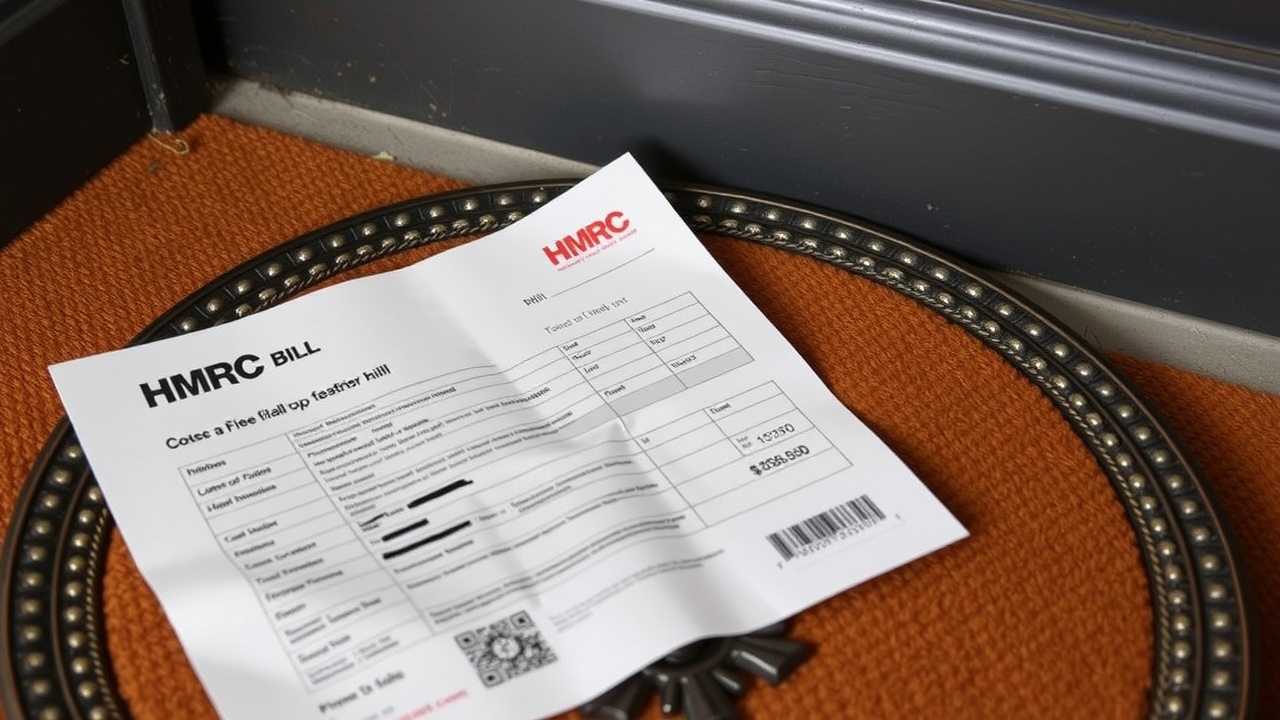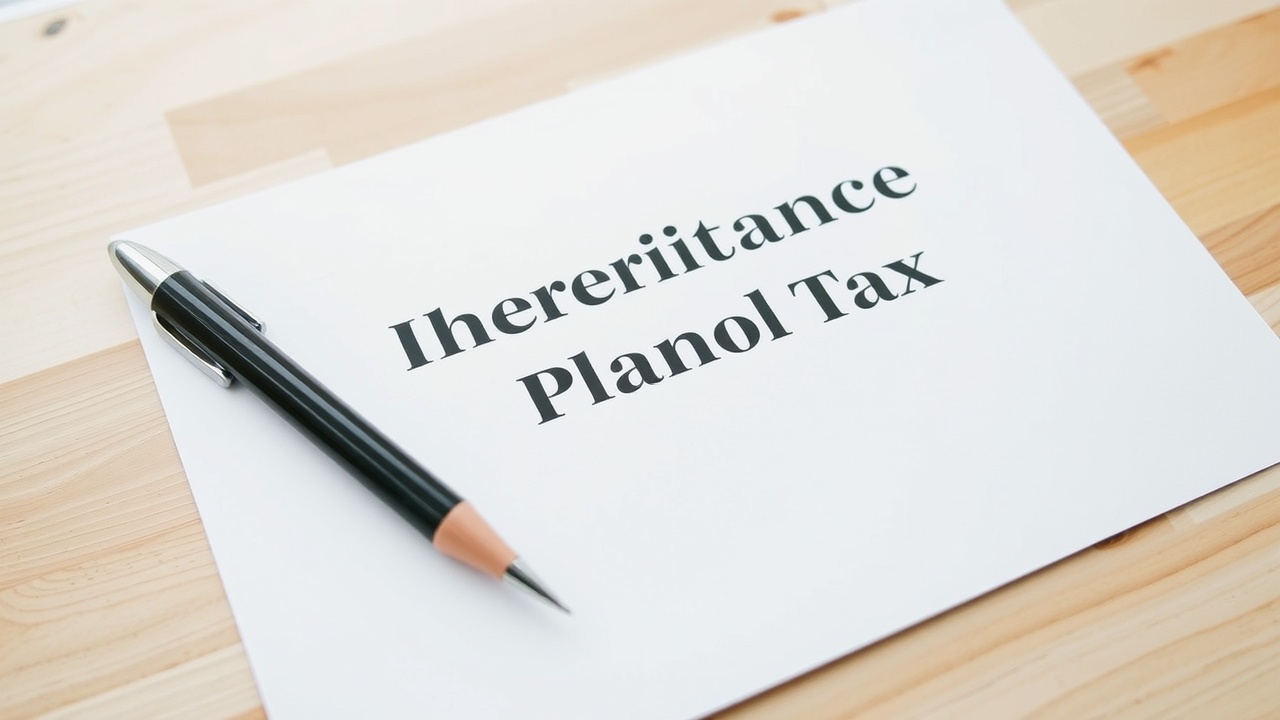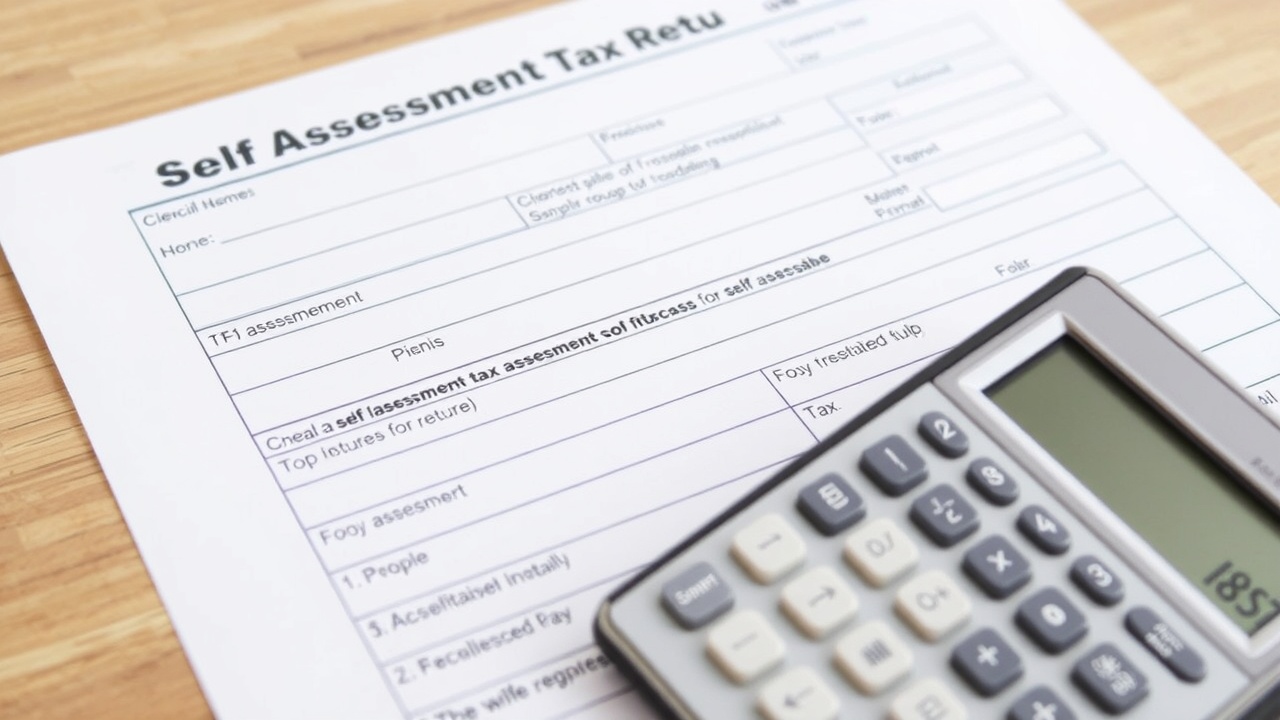
Over a third more inheritance tax inquiries have been made in a single year, but the percentage of investigations that result in higher bills has decreased
In an effort to combat inheritance tax evasion, HMRC conducted a third more inquiries about the tax last year, but the majority of these cases were closed without any further action being necessary, according to new data.
Accounting firm Price Bailey obtained data from HMRC that showed a 38 percent increase in inheritance tax (IHT) inquiries in 2024 - 2025, from 3,028 in 2023 - 2024 to 4,171 in 2024 - 2025.
When HMRC discovers possible inconsistencies or hazards in an estate's tax reporting, such as an undervaluation of assets or a sizable gift made before death, an IHT inquiry is usually initiated.
Finding out if additional inheritance tax is due is the primary goal.
However, even though the number of inquiries increased, fewer resulted in changes to the inheritance tax bill. Last year, only 45% of probes resulted in higher bills, compared to 65% in 2023 - 2024.
"HMRC is facing mounting pressure to crack down on non-compliance and increase the tax take as the government tries to strike a balance between fiscal responsibility and economic growth," said Nikita Cooper, director at Price Bailey.
"After a lull in activity in recent years, HMRC is now examining returns more closely, and as more estates fall under the inheritance tax purview, this upward trend is anticipated to continue.
HMRC noted that there is no precise comparison between one year and the next because changes may be the consequence of inquiries that were made in a prior year.
Nonetheless, Price Bailey asserted that the decreasing percentage of formal inquiries leading to tax return amendments indicated that many of the recently hired employees of HMRC's Customer Compliance unit might be having difficulty understanding the intricacies of IHT.
The customer compliance staff grew from 23,342 in 201819 to 27,226 in 2023 - 2024, a 17 percent increase.
Cooper went on to say: "As it expands its scope, HMRC is becoming less discriminatory in the inheritance tax returns it is looking into. Taxpayers who are dealing with loss and are acting morally by providing complete and truthful disclosures are being treated unfairly by this.
HMRC states that the reasons for IHT inquiry cases can range greatly, from simple errors to evasion.
It also stated that the number of open cases will vary annually based on the number of hazards found, and that the number of inquiries is currently comparable to what it was before the pandemic.
HMRC noted that individuals who disagree with the results of any compliance activity have the option to appeal.
"The great majority of people pay the correct inheritance tax," an HMRC representative stated. When there is proof that the correct amount of tax has not been paid, an investigation is only initiated.
How to respond to an HMRC inheritance tax inquiry.
IHT submissions may be looked into by HMRC to ensure that the correct amount of tax has been paid and that any reliefs have been applied correctly.
Investigations, also known as inquiries or compliance checks, may be conducted at random or in response to significant gifts given prior to death, inconsistencies in the reported figures, or the complexity of the estate.
In contrast to most other taxes, IHT tax returns must be submitted on paper to HMRC so that agents can process them by hand.
Cooper stated: "With paper forms being processed by hand, the IHT reporting system is extremely antiquated.
"HMRC cannot even tell us how much tax was collected from these inquiries because the system is so outdated. In more and more situations, the answer is most likely nothing.
The following actions are advised by Price Bailey if you receive an inheritance tax inquiry from HMRC.
1) Ascertain why the inquiry was made.
When there are differences in asset values, significant pre-death gifts, or intricate financial arrangements, HMRC usually looks into estates. Finding the precise issues will be made easier by carefully reading the inquiry notice.
2) Collect records.
Compile all pertinent financial documents, such as bank statements, trust records, property appraisals, and any documentation of gifts given during the previous seven years.
3) Get expert guidance.
Speak with a tax professional. If required, they can negotiate on the estate's behalf, offer compliance advice, and assist in interpreting HMRC's requests.
4) Act with promptness and openness.
HMRC has the right to ask for more details or justifications. Giving concise, well-structured answers in the allotted time can help avoid additional scrutiny or sanctions.
5) Take into account voluntary disclosure.
Voluntary disclosure to HMRC of any mistakes or omissions found in the estates tax filings can lower fines and show good faith.
6) Keep track of due dates and payment commitments.
If the inquiry results in additional tax obligations, make sure to pay on time to prevent interest. For some assets, like property, HMRC permits installment payments.
Price Bailey recommended avoiding inquiries by making sure that valuations are accurate, carefully recording gifts, using trusts, avoiding aggressive tax planning, and consulting a professional.
The number of people who must file IHT returns is expected to rise since the thresholds at which estates are liable to pay IHT have been frozen and do not take inflation and rising real estate values into account.
Furthermore, the impending changes to the IHT laws for farmers and business ownerssuch as the limitation of business and agricultural property relief and the inclusion of pensions in the IHT framework starting on April 6, 2027will result in a notably higher amount of IHT being collected by HMRC.
As the number of estates eligible for inheritance tax and the amount collected rises significantly in the upcoming years, Cooper stated: "We are likely to see much greater emphasis on compliance."
HMRC will need to improve its ability to distinguish between people who are doing the right thing and those who are filing returns that are inaccurate because the current paper-based filing system is already breaking under the weight.














Leave a comment on: How to handle 1,000 additional inheritance tax investigations that HMRC has opened